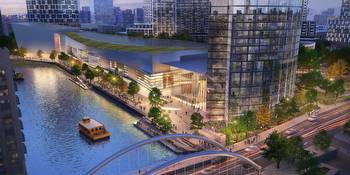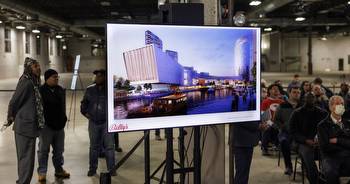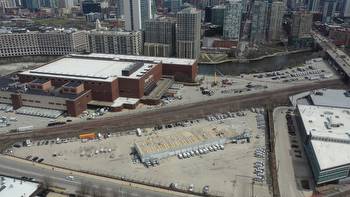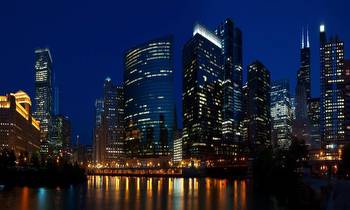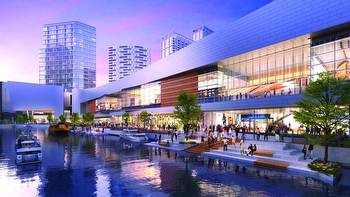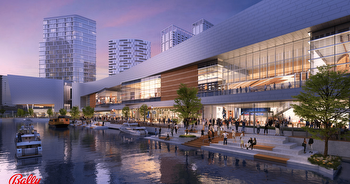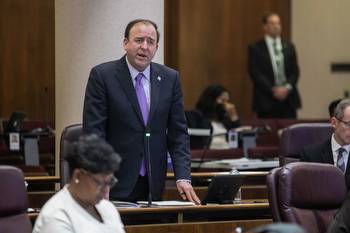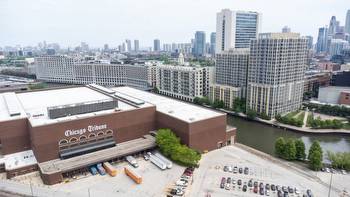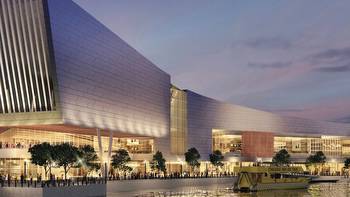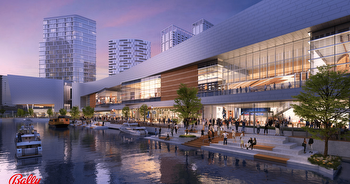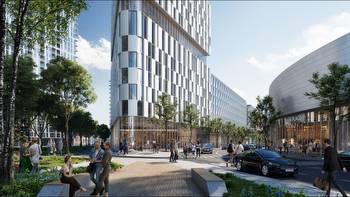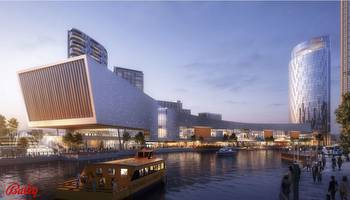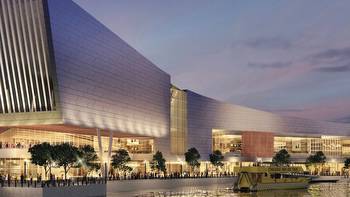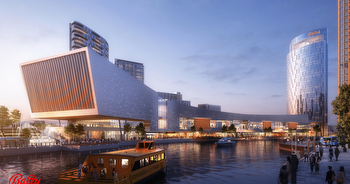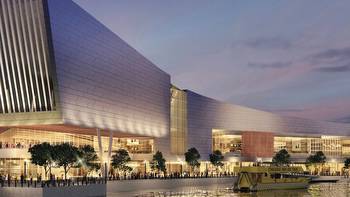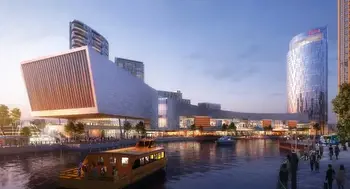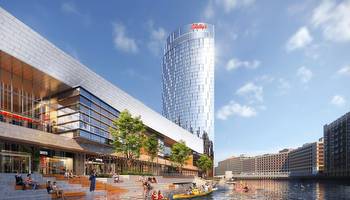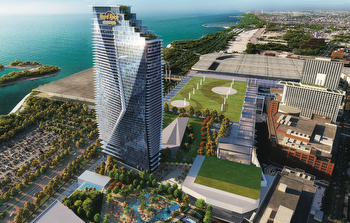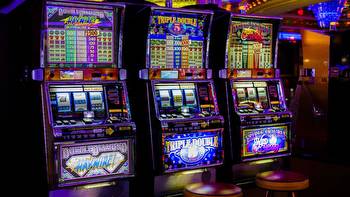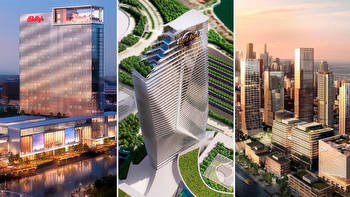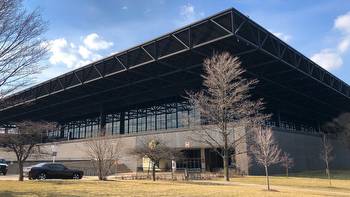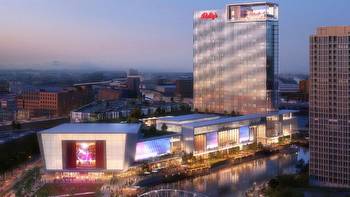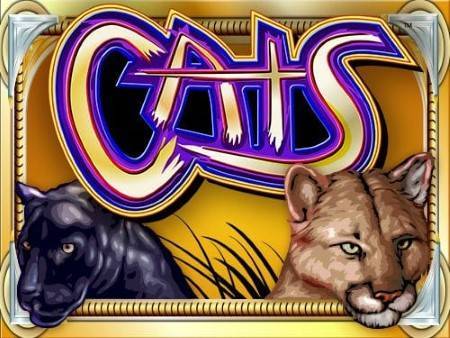Lightfoot’s Casino Pick Not a Done Deal, City Council Members Say

Video: Alderpeople Jeanette Taylor, George Cardenas, Jason Ervin, and Walter Burnett join “Chicago Tonight” to discuss the proposal for a Chicago casino. (Produced by Blair Paddock)
Mayor Lori Lightfoot wants the Chicago City Council to go all-in on her decision to tap Bally’s to build a casino in River West in two weeks — but several members of the Chicago City Council told “Chicago Tonight” Tuesday many questions remain.
While Lightfoot and her administration have touted the proposal from Bally’s as the most lucrative proposal the city received and said the casino would be an “iconic” addition to Chicago’s riverfront, members of the City Council continue to greet those claims with skepticism.
“This is in no way, shape or form a done deal,” said Ald. Jason Ervin (28th Ward) told “Chicago Tonight” Tuesday, adding that members of the City Council have yet to see the agreement between Bally’s and the city. “There’s some things in the ordinance that, I think, are being talked about, looked at and worked through.”
Ervin said he wanted to be sure that provisions ensuring Bally’s has to contract with firms owned by Black, Latino and Asian Chicagoans and hire those who live in neighborhoods that have seen decades of disinvestment to build the casino and resort and work there once it opens.
If Lightfoot plans to get directly involved in that work, she will have to do so remotely during the next five days after traveling to Texas for a “for a combination of political and official activities,” according to a statement released by her political operation.
Once the City Council acts, the plan will also need the approval of the Illinois Gaming Board.
Ald. Walter Burnett (27th Ward) said the mayor will not win over all 50 members of the City Council, but said the casino is necessary to boost the city’s economy and funnel approximately $200 million into its police and fire pension funds, significantly easing the pressure on the city’s finances.
A casino is necessary for the city’s future — and has the support of the city’s powerful labor unions, Burnett said.
Ald. Jeanette Taylor (20th Ward) said she was worried that the casino deal would turn out to be another debacle like the one in 2008 that leased the city’s parking meters — in addition to all of the revenue from the meters — to a private company.
“I feel like it is rushed, and we are moving too fast,” Taylor said, adding that there are a lot of questions that haven’t been answered. “I want the pensions to be paid too, but at what cost?”
The $1.73 billion casino would have 3,400 slots and 173 table games. The resort would have six restaurants and cafes in addition to a food hall and three bars and lounges. It would also feature a 3,000-seat, 70,000-square-foot concert venue and a 20,000 square-foot event venue in addition to outdoor bars, lounges and pools along the Chicago River.
Bally’s was one of three firms to submit a proposal to build a casino in Chicago in November and appeared to have the inside track in the winner-take-all contest after a study from the city’s gaming consultant found the Bally’s casino would be the most lucrative for the city and its sister agencies, ringing up $191.7 million in its sixth year of operations.
Bally’s will also offer the city an upfront payment of $40 million for the license, and $4 million annually, the mayor’s office announced. Initially, Bally’s offered the city an upfront payment of $25 million.
While a temporary casino with 800 slots and table games in the Medinah Temple at Ohio Street and Wabash Avenue could open in summer 2023, the permanent casino could open as soon as early 2026.
A public meeting on the casino is scheduled for 7 p.m. Thursday at the University of Illinois at Chicago Isadore and Sadie Dorin Forum, 725 W. Roosevelt Road.








